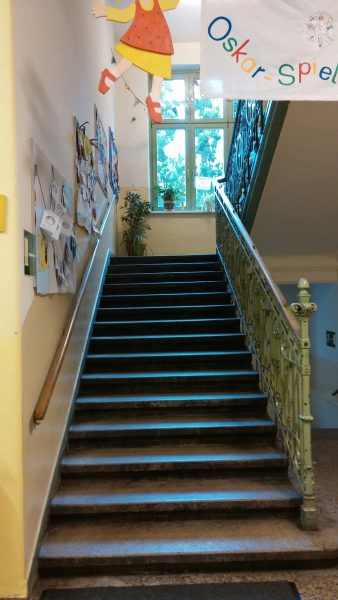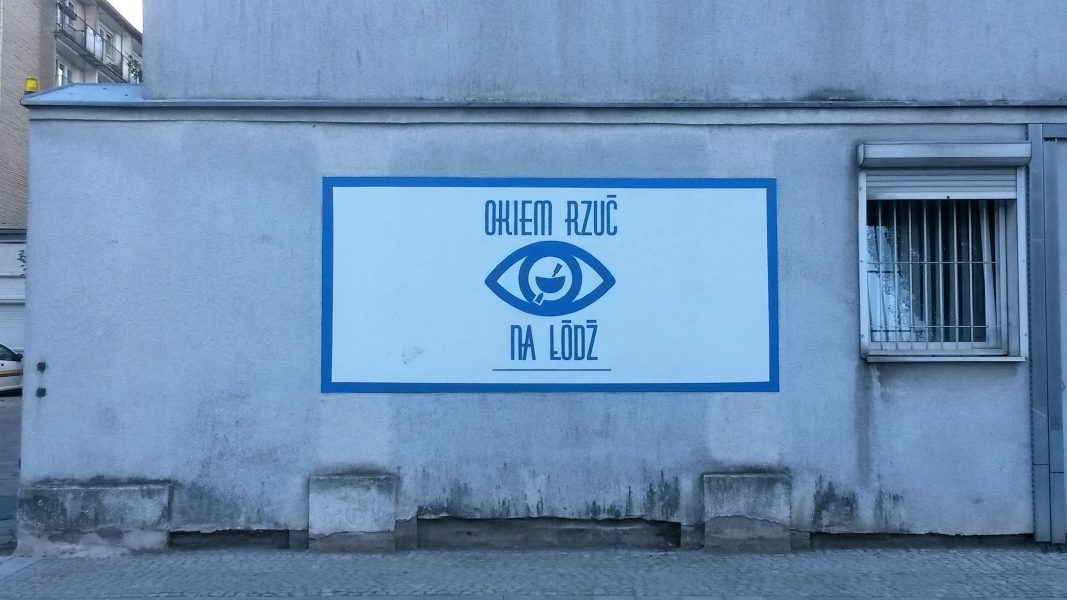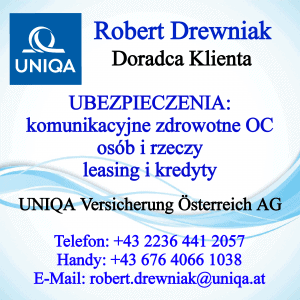It is said that every 9th resident in Vienna is a student. Vienna is definitely a good place for someone to study, but what does it require to actually study here?
First of all one must choose his study program. Vienna offers twenty-two universities, universities of applied sciences, private universities as well as 1,329 research institutions. Bachelor Programs, Graduate Programs, Professional Programs, Post-Graduate Programs, University Preparatory Courses or Professional Seminars are all available for possible candidates who want to expand their knowledge, in Vienna.
Moving up to the admission procedure:
first of all, a free place to study has to be available at the university for the desired course of studies. The applicant must have an A-level or high school diploma, equivalent to an Austrian Matura examination certification. In case one is missing this type of diploma, he must prove completion of a three-year (minimum) study at another certified post-secondary educational institution. In addition, it is necessary the sufficient German knowledge (C1 level) and sometimes an examination or additional qualifying courses are obligatory.
For a master’s program, it is required the possession of a bachelor’s degree (or similar degree diploma) and for doctoral studies, a master’s degree diploma. Master’s and research programs may not require any knowledge of German if they are designed for international students.
Same with German, if the offered courses are in English, the candidate is expected to prove his level of command of English.
With a few exceptions, like for example the universities of arts, no entrance examination is required to enter an Austrian university. However, for some competitive study programs, students are ranked based on their grade point average from previous studies. The European grades comparison chart shows how you would score in Austria.
The general registration deadline for initial admission to a public university for a bachelor’s degree without any special approval conditions ends on 5th September for the winter semester and on 5th February for the summer semester. After the general admission period expires, the extended admission period starts. Note that the tuition fees are increased by 10% over the ordinary rate, if the application is submitted during the extended period.
How to apply?
One receives the application form from the Student Admission Office of his university of choice. Most of the times the application form is available on the Internet, but it is also possible to be sent by post to one’s home address. After filling in the application, one needs to return it to the university along with all the additional supporting documentation that is required for the courses of the study program. Finally, the official admission comes with a student pass, which proves that the candidate has become a member of the university he firstly applied for.
All important and/or additional documents are to be submitted in the original and in a German translation, which was publicly authenticated in the originating country and was last authenticated by the Austria representation in that country. The last authentication is not necessary in those countries whose public authentication is recognized by Austria because of treaty agreements.
Fees:
The tuition fees depend on the nationality of the student. The so-called “Ordentliche Studierende”, which means regular/full-time students, if they come from the EU (European Union) or an EEA (European Economic Area), are exempted from paying tuition fees at public universities. They are required to pay a small fee of approximately 18 EUR per semester to the Student Union. However, a EU/EEA citizenship student or any person enjoying equal rights as Austrians before the law will may have to pay a tuition fee of 363.36 per semester in case they exceed the minimum period of study of a BA, MA or PhD program by more that two semesters.
A non-EU student will have to pay EUR 726.72 per semester plus a fee, again per semester, to the Student Union (ca. EUR 18). The tuition fee is only paid once, no matter if the non-EU student takes courses from more than one university. Irregular students, who are only admitted to certain lectures and are not aiming to a degree, will have to pay EUR 363.36 per semester. Full time students from the least developed countries are exempted from paying tuition fees at public universities in Austria.
Extra financial matters:
There are various options for finding the suitable accommodation as a student in Vienna; Halls/dormitories are the cheapest ones and their costs vary from EUR 200-300 depending on the type of room. Nonetheless, they are also the hardest to find. A good alternative is sharing a flat/apartment with other students or young people (WG or Wohngemeinschaft). Students, who do not fulfill the prerequisites for co-insurance, have the possibility to insure themselves at a preferential rate (at the moment it costs EUR 54,11/month).
For transportation, students can also acquire the Vienna Semester Ticket. It is valid for all public transport networks inside Vienna and it costs only EUR 75/semester. The Vienna Semester Ticket is valid for 5 months, either for winter semester (1 September-31 January) or summer semester (1 February-30 June).
For extra information or services regarding the student life in Vienna, you can always contact the student point.
All the price can be changed.










